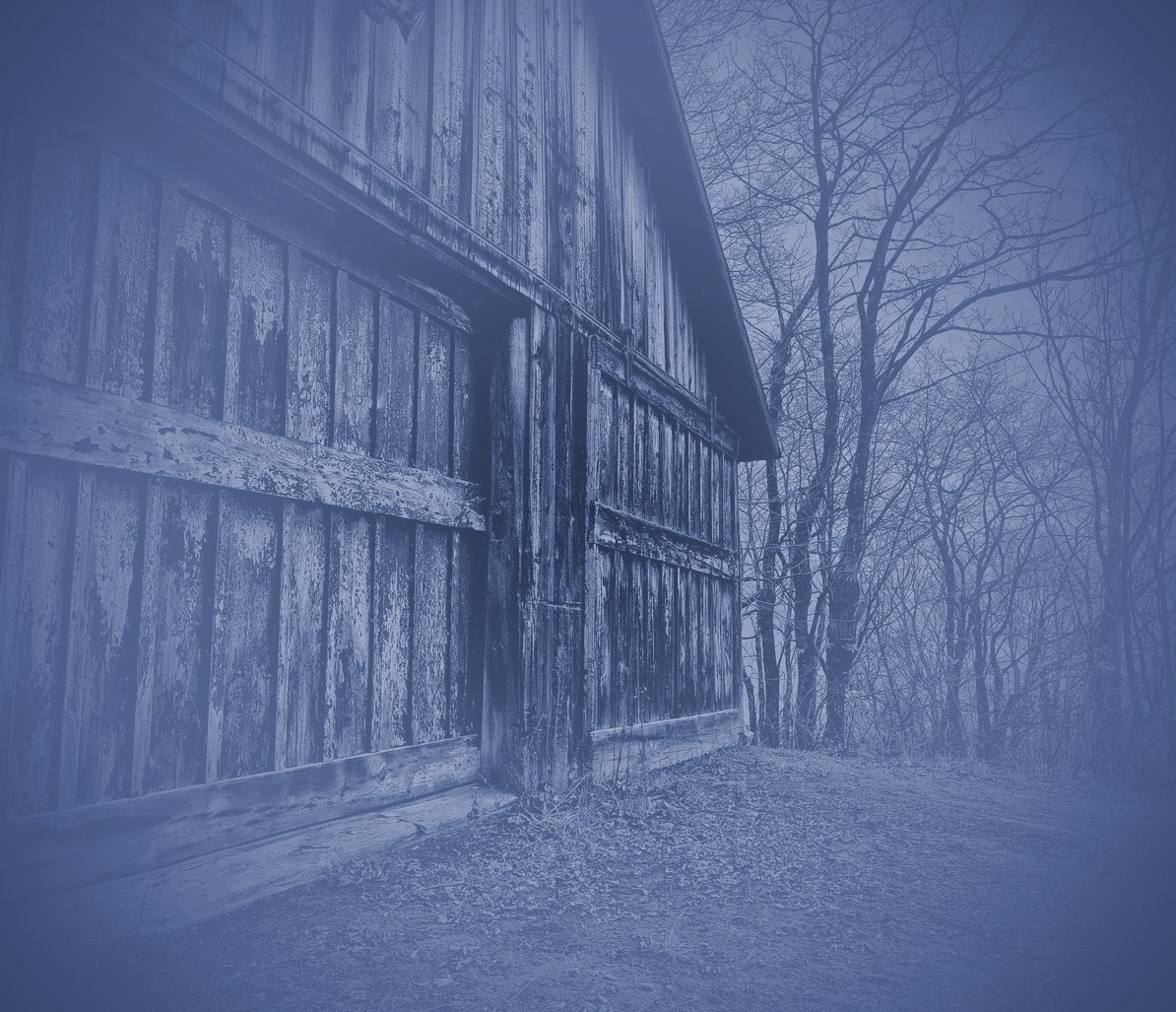Street View
I Google where I come from in Ireland,
drag the orange man to street view
and click the spin arrow over and over
so I can see it all. I push the white
circle as close as I can to the old house,
wanting to sit the little man inside it.
When I click on him to pull him off
the control panel, above his + and – ,
he flies, a patch of green hovering
below him, his own flying island, his little
earth shadow, smudged at the edges, the earth-
map ocean below pulling at its beaches,
my index finger’s pad the moon, my hand
the god I am not, though here in my village
home, sturdy and clapboarded, I am a kind
of one who can see across the world,
move a little man to where I want him,
spin him, and see what he sees, my Flex-Steel
Sofa and hassock my cloud bank god office.
If the phone rings, I will ignore it,
will hear the cars sighing through the village
like a lover sleeping, breathing in
and out like the waves on the flying island, or
the breathing of parlor pipes, the elbow pressing
its lung like fast-motion tides pull oceans
into plastic shapes, the peaks of them—
a god pinching a blanket into a fort.
He flies, and for a minute, because I can,
I flip him back and forth, dangle him
from his pivot head, his legs flipping
left and right, his arms back a bit,
like I am leading on the dance-floor,
and I have dipped him, the small of his back
arched, his arms not reaching out to save
himself. Then, the veins of roads fill
with blue, and if I drop him into one,
the earth will flip from map to street view
and I will see out of my man’s eyes,
and where was he all my life? I walk
him around far out toward the bog-
land, where Google shows so little green,
more brown as the hills climb toward the border
with Northern Ireland, stop shy of the wind-
farm’s five pylons, and I lift my finger
to drop him there, right in front of the no-
roof old house, which in map view
looks like a sheep fold, its roof long fallen
and rotted back in—a busted shoebox
full of derelict farm tools.
I look for a way to rebuild it, think five gallon
buckets and some lime-wash, a new roof.
I can do the metal kind myself, on my knees,
loving the world from above it, grabbing onto
the ladder to steady the vertigo, and though
he has no hands, I watch him scrape and smear
rough clay onto walls with a bull-nosed trowel,
each stroke burying perlite into the water
of the mix, the smoothest surface the one
longest touched. I can tell by the way
he does not look at me that soon he will
want me to start on the roof and the door,
and that while I have always been an insect
trapped inside a car, gone for a drive
that seemed a moment’s thought, gone instead
to Florida, or the moon, the whole world
wrong once I was released, it seems that we
are a likely pair. Who knows what he is thinking,
never saying much, his feet no things
for walking on, his face no place for features.
Who knows what a rock outline thinks about
either, what waste of time it rolls on its tongue.
“Street View” first appeared in American Poetry Review, Vol. 44, #6, November/December 2015.

